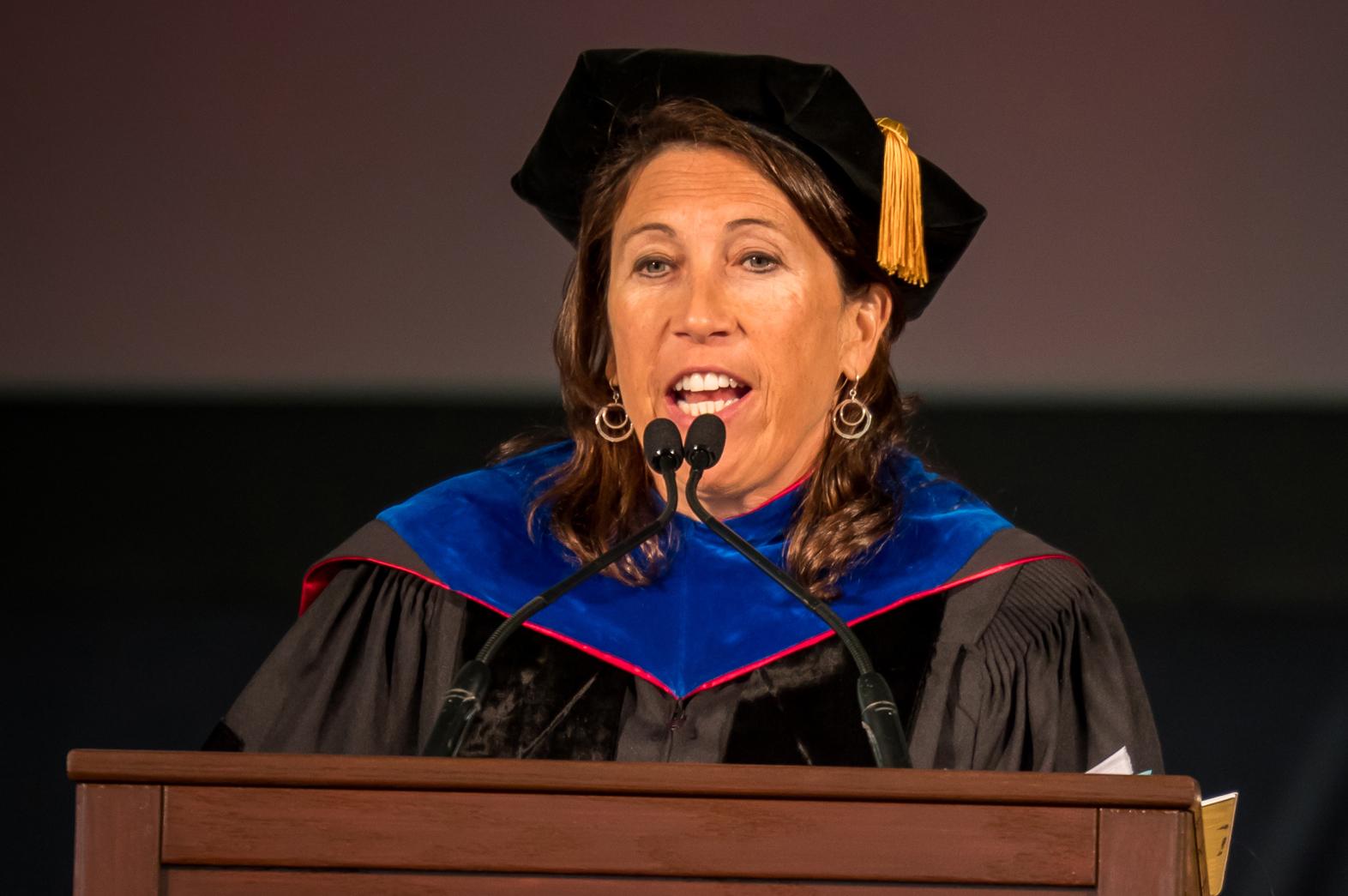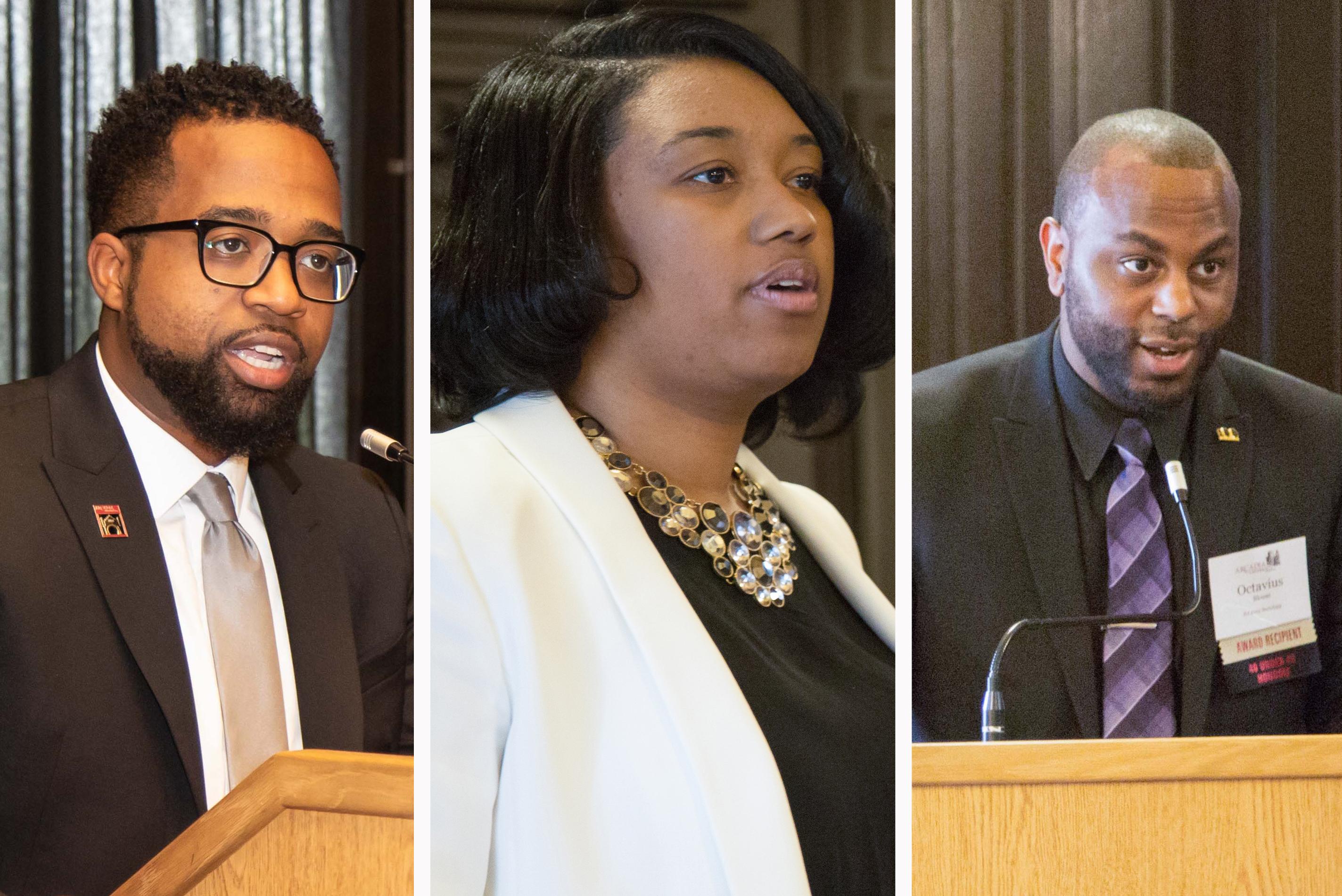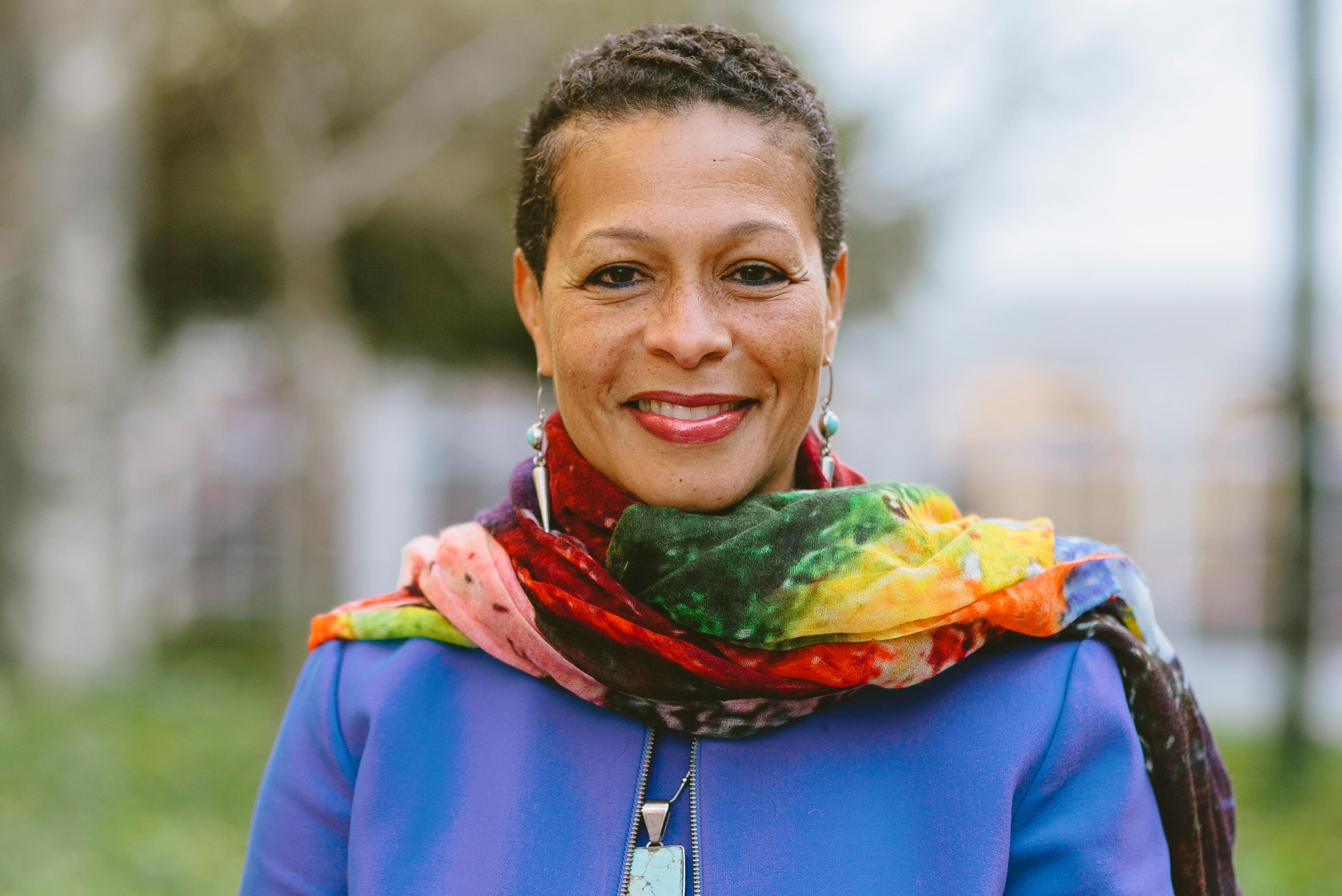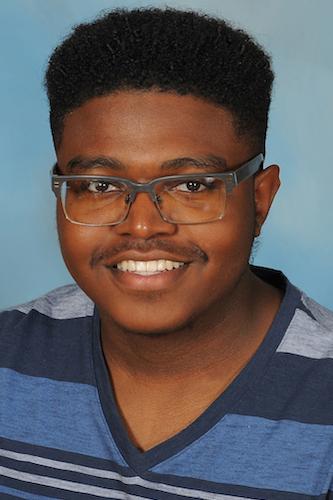Arcadia Stands Against Systemic Racism
In the midst of a global pandemic, millions of Americans and people around the world came together to fight the deadly virus of systemic anti-Black racism. Led by President Ajay Nair, Arcadia made clear its commitment to the transformative work needed to build a more just, equitable, diverse, and inclusive society in which opportunities are not disproportionately distributed by race.
Radical Change Is Necessary
In a series of messages to the University community and videos uploaded across social media platforms, President Ajay Nair addressed the importance of taking a stand against white supremacy, police brutality, systemic racism and violence, and the many other injustices facing the Black community and different marginalized identities.
“I am outraged, disappointed, and disgusted by the recent deaths of George Floyd, Breonna Taylor, and Ahmaud Arbery,” wrote President Nair. “In addition to describing some tangible action steps in this letter, this is an important opportunity for me to speak directly to our Black community members: We hear you, we care for you, and we will do right by you. We are in solidarity with you against the oppressive systems that continue to plague our local, national, and global communities. We will not tolerate injustice here or anywhere.”
Unified and Collective Energy

Alison Aaron Madsen, Esq. ’85, Chair, Board of Trustees
“The Board of Trustees recognizes how the Arcadia community came together in the face of an unprecedented health crisis this past spring semester. Now, we must join together once more to enact positive change in the face of inequality, discrimination, and prejudice, just as President Nair’s message calls for us to do.
“We have shown our strength and evolved as an institution, and will continue to do so as a University unified by our values, ambitions, and collective energy to remain #ArcadiaStrong.”
Black Alumni Association (BAAAU)

From left to right: Stephen Tyson Jr. ’13M, Aliyah Abraham ’17, and Octavius Blount ’15
“In times like this, we recognize the responsibility for groups and organizations to speak out against racial injustices in continued hope for a paradigm shift. We stand in solidarity with the George Floyd protestors, who are making their voices heard against a battle that first began on the shores of Jamestown, Virginia in 1619. In short, #BlackLivesMatter. We have intentionally chosen to move in preparedness versus haste. We are finalizing plans to help combat systemic barriers that have affected and continue to plague the Arcadia community both off and on-campus.”
Protest and Passion

Trustee Sara Lomax-Reese, CEO and President of WURD 96.1 FM/Radio 900 AM
“Like so many in our community, this week has made me feel weary, agitated, fearful, angry, and invigorated—all at the same time. One emotion I have not felt is helpless. As many of our callers have said this week, this is a time when Black-owned media matters. Having a place dedicated specifically and exclusively to giving voice to our pain, struggle, and frustration matters. Having a space where we can grapple with the range of emotions we are feeling—pride and support for the activism in the streets, and anger over the destruction in our neighborhoods. This matters. Being able to hold ‘the powers that be’ accountable to our community, matters.”
Ending Police Brutality

Dr. John Noakes
In June, several prominent media outlets sought out Dr. John Noakes, interim director of the School of Education and an internationally known scholar on the policing of political protests, for comment. Dr. Noakes, who also is chair of the Department of Sociology, Anthropology, and Criminal Justice, spoke of the failures of “tough guy” policing from the use of riot gear to a militarized response.
“Best practices in policing these days is to de-escalate, not escalate,” Dr. Noakes told ABC News.
On the success of community-policing cities like Camden, N.J., where police kneeled with protesters or carried Black Lives Matter signs, Dr. Noakes observed, “that only works if you built a relationship with the community over the years.”
Featured in What Went Wrong, a newsletter published by Vice News Senior Editor Harry Cheadle, Dr. Noakes provided a history of police brutality and the use of force to control crowds. Starting with the end of “escalate force” in the 1970s, he explained how “negotiated management” fell apart during the 1999 Seattle-based protests of the World Trade Organization. This turning point prompted police to deploy pepper spray, tear gas, and rubber bullets—resulting in serious injuries to protestors, bystanders, and journalists.
Dr. Noakes also spoke to The Toronto Star on the use of riot police to enforce fences around the White House. The shift from using a physical barrier to a human one led Dr. Noakes to note how organized groups will focus on whatever kind of barrier is placed between protesters and the symbolic subject of protest. He explained how human fallibility, when added to escalating tensions, further increases the potential for violence.
Educating the Next Generation

Desmond Daniels ’21, ’22M
Desmond Daniels ’21, ’22M, a student in the School of Education, penned “The Black Male Experience” while expressing his support for the growing social justice movement for equality. A staff member and extended day teacher for Abington Friends School, Daniels uses his position to educate children on race, equality, and justice, as demonstrated in his recent essay, “A Letter to White Families From A Black Male Teacher: The First Time I Encountered Discussing Race With A White Kid.”
Daniels is driven to see the next generation understand the privileges that some are born with and the hardships that others face. As a Black man, he’s motivated to be an educator so children can learn from him to develop into learners who “value justice, diversity, and inclusion,” while increasing accessibility to learning and achieving for all students. By leading by example, he hopes to create a generation of “empathists and changemakers.”
“But, I am afraid! Daily, I am afraid! I always wonder…
‘Will TODAY be the LAST day of my Earthly experience?’
‘Will TODAY be the LAST day I will feel the warmth and love of all the communities I am a part of?’
‘Will TODAY be the LAST day I say ‘I love you mom’ when I walk out the door?’”
— excerpt from “The Black Male Experience”


